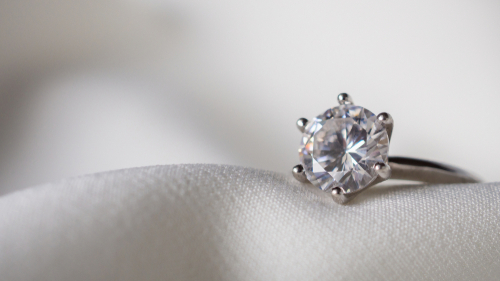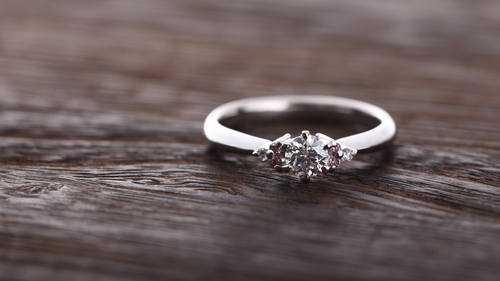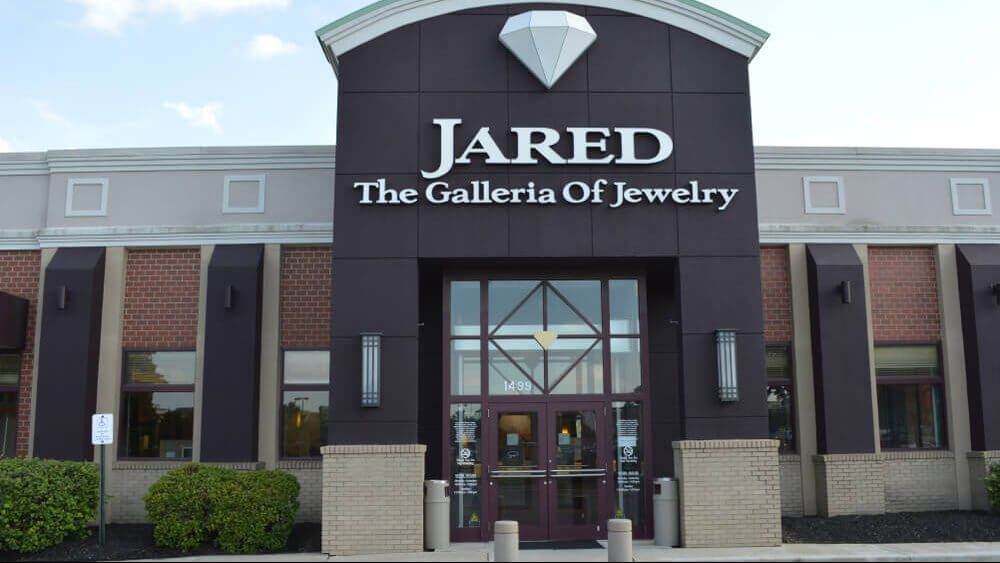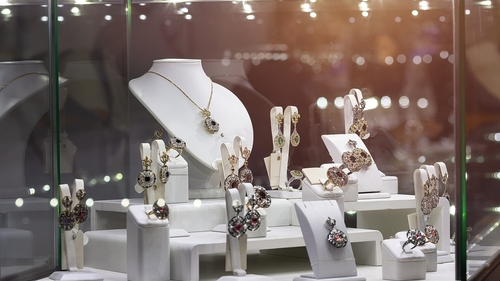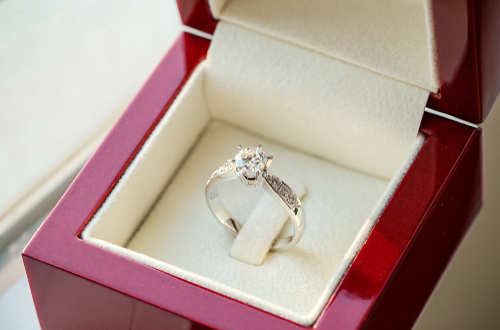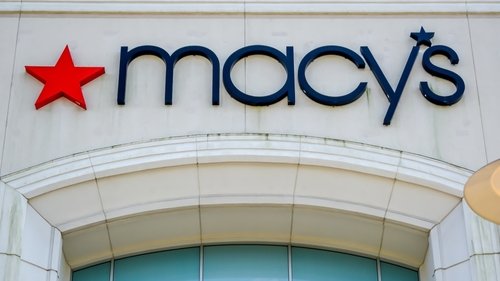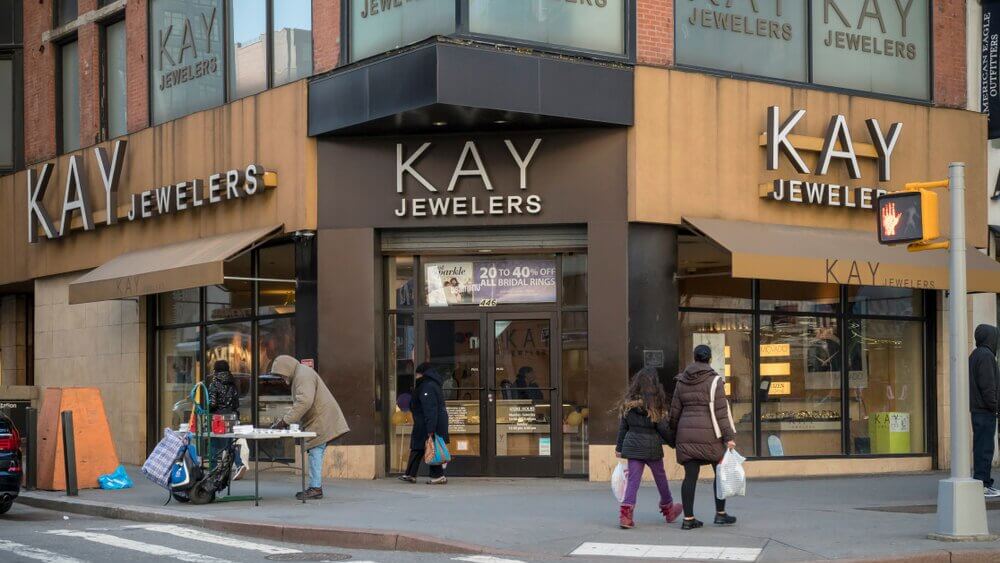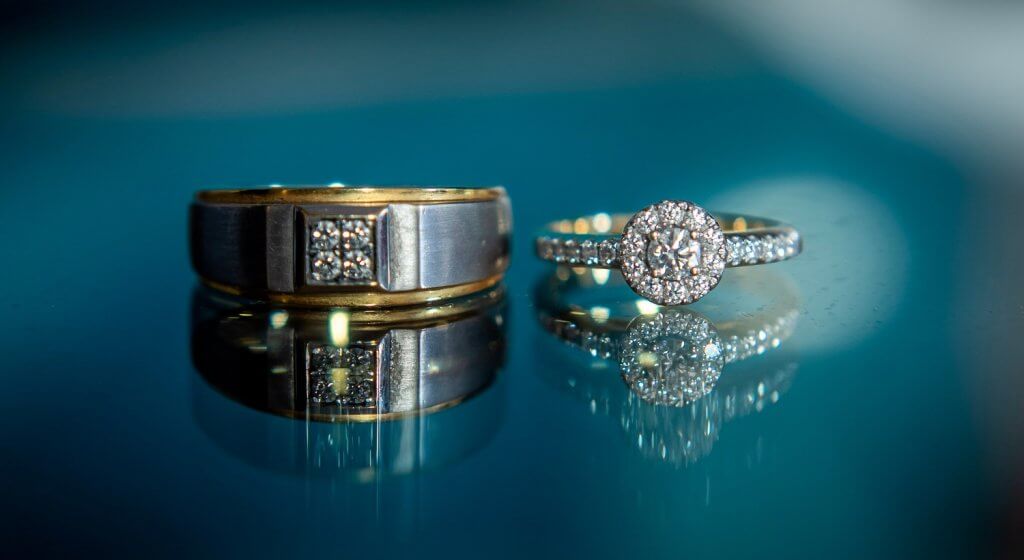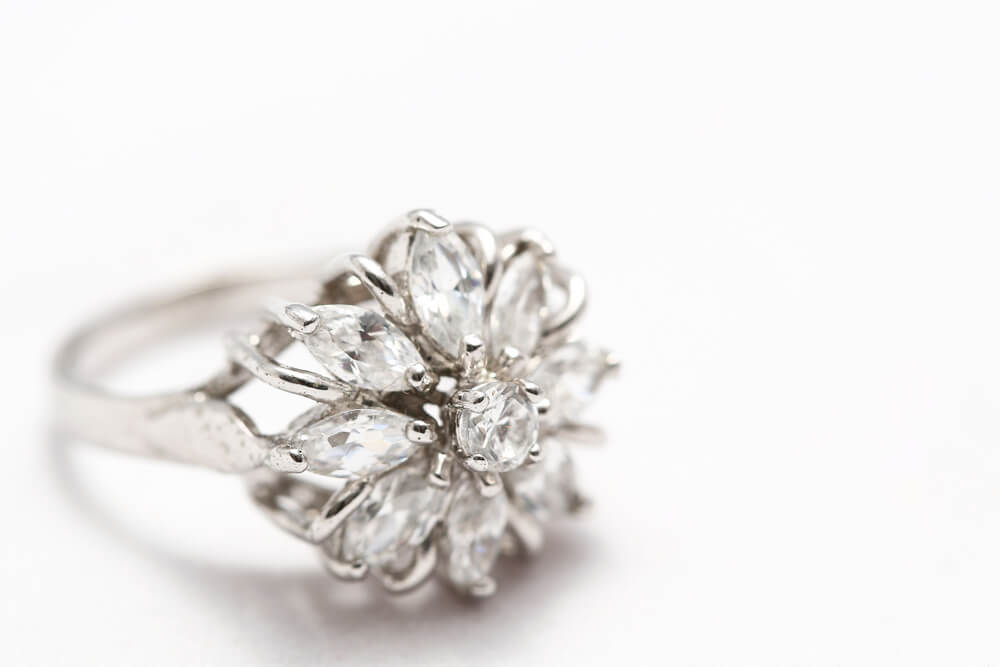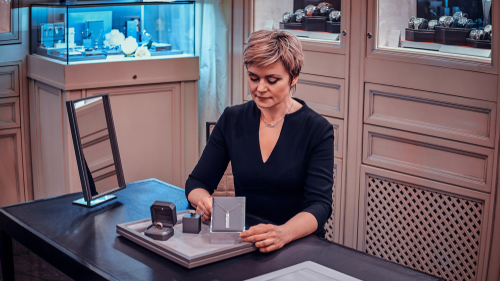85% Score | Rare Carat Uncovered: A 2024 Review on Quality, Value, and Innovations
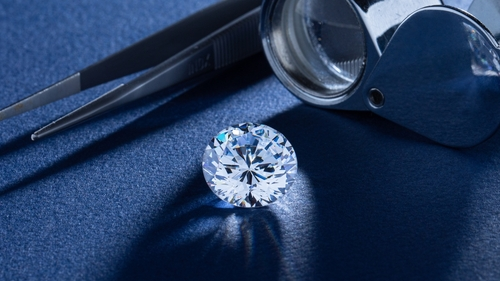
Rare Carat’s Purpose and Mission
Rare Carat is known for its transparent, customer-first approach in the diamond industry. Built on providing unbiased guidance, the company’s mission centers on delivering exceptional value to customers, whether they choose natural or lab-grown diamonds. Rare Carat aims to educate buyers, ensuring confidence and satisfaction in each purchase.
Rare Carat’s Business Model and Recent Changes
Transition to Direct Sales
Originally an affiliate for jewelers, Rare Carat has transitioned to a direct seller model. This shift allows the company to control quality assurance, from sourcing diamonds to post-purchase support, strengthening customer trust and providing a seamless buying experience.
Focus on Lab-Grown Diamonds and Sustainability
Rare Carat’s selection now includes lab-grown diamonds, an eco-friendly and affordable choice. With a reduced environmental impact compared to mined diamonds, these diamonds cater to customers who prioritize sustainability. The cost benefits of lab-grown diamonds also offer an attractive option for those seeking quality on a budget.
Quality Standards: What Sets Rare Carat Apart
GIA-Certified Diamonds
Rare Carat exclusively provides GIA-certified diamonds, a mark of reliability and industry-leading grading standards. GIA certification covers the Four Cs—cut, color, clarity, and carat—ensuring customers are fully informed about the diamond’s quality. This commitment builds trust and assures buyers of authenticity and value.
Optimal Quality Recommendations for Buyers
Rare Carat helps customers balance quality and budget by recommending clarity (SI1 to VS2) and color (G to J) ranges, as well as prioritizing cut quality, particularly for round diamonds. Providing examples for each quality grade aids customers in understanding how these factors influence appearance and cost.
Transparency in Diamond Grading
Educating buyers on the nuances of diamond grading is a priority for Rare Carat. Emphasizing GIA standards helps mitigate risks of inconsistencies and ensures transparency. This commitment to grading clarity protects customers from overpaying for potentially overrated stones.
Pricing and Value
Price Comparison Tool and Transparency
Rare Carat’s price comparison tool offers transparency, allowing customers to see real-time pricing across multiple retailers. Each listing includes a cost breakdown, making it easy to understand exactly what one is paying for. For instance, a 1-carat GIA-certified diamond can vary in price across sellers, enabling customers to make a smart, cost-effective choice.
Pricing Trends in Lab-Grown Diamonds vs. Natural
With increased production, lab-grown diamonds have seen a steady decline in prices, offering an affordable alternative for many. Natural diamonds, on the other hand, maintain or increase in value, making them ideal for long-term investment. Rare Carat provides insights into these trends, helping customers understand the value proposition of each option.
Unique Customer Service and Support Resources
Gemologist Support and Diamond Buying Guide
Rare Carat offers customers free access to GIA-trained gemologists for personalized diamond selection advice. Their comprehensive buying guide covers essential information on the Four Cs, certification, and grading systems, making the process approachable, especially for first-time buyers.
Return and Resizing Policies
A customer-friendly return policy ensures satisfaction, allowing diamonds to be returned if they do not meet expectations. Rare Carat’s flexible resizing options for engagement rings further enhance post-purchase support, with customers reporting positive experiences due to the convenience and commitment to customer happiness.
Environmental and Ethical Commitments
Ethical Sourcing and the Kimberley Process
Rare Carat adheres to the Kimberley Process, ensuring its natural diamonds are conflict-free. By providing detailed sourcing information, customers can make choices that align with their values, adding to the appeal for socially responsible diamond buyers.
Promoting Lab-Grown Diamonds for Eco-Conscious Shoppers
Lab-grown diamonds align with Rare Carat’s sustainability goals, offering a low-impact alternative that meets high ethical standards. For those concerned about the environmental impact of diamond mining, lab-grown options provide a stunning, responsible choice without compromising quality.
Investment and Long-Term Value of Diamonds
Natural Diamonds as an Investment
Natural diamonds tend to appreciate or hold their value, making them a solid investment. Scarcity and the uniqueness of each stone contribute to their enduring value, which can be especially appealing for future resale opportunities.
Potential Depreciation of Lab-Grown Diamonds
With more accessible production methods, lab-grown diamonds are projected to depreciate over time. While offering initial affordability, they lack the long-term investment potential of natural stones. Rare Carat educates buyers on these differences, ensuring financially sound decisions.
Rare Carat Overall Sentiment and Positivity Score – 85%
Rare Carat is a prominent jeweler specializing in engagement ring creation, renowned for its exceptional customer service and knowledgeable staff. The store operates within the diamond industry with a strong emphasis on providing customers with valuable information about diamonds. Many reviews highlight the convenience and ease of the purchasing process, particularly with customization options for engagement rings. Customers have praised the attentive communication from the staff, including direct responses from the CEO, Ajay, and several gemologists who guide clients through their choices.
Despite the overwhelmingly positive feedback regarding the quality of the diamonds and customization capabilities, some customers expressed concerns over communication delays, particularly during the order and post-purchase phases. Additionally, a few reviews indicated disappointment relating to issues such as missing engraving requests or difficulties in returns.
Overall Sentiment from Online Customer Reviews:
Positive sentiment stands at approximately 85%, with neutral feedback around 10% and negative sentiment at about 5%. Customers predominantly share satisfaction with the quality of the jewelry and the support they received, with only a small percentage expressing dissatisfaction over specific service issues.
Best Review:
A customer praised Rare Carat for their customer service and exceptional diamond quality. They highlighted how the staff was communicative and responsive during their engagement ring purchasing process, ultimately leading to a positive experience.
Worst Review:
One customer expressed frustration over a missing engraving on their ring, although they noted the ring was beautiful and exceeded their expectations. They appreciated the refund offered for the oversight but wished for improved attention to personalization requests.
*For this overview, customer feedbacks were viewed on Yelp, Google, and Facebook.
Staff Members:
- Ajay (CEO) – Responsive
7 Practical Tips for Buying a Diamond Engagement Ring on Rare Carat
Tip #1: Prioritize the 4Cs for Diamond Quality
– Cut: The cut is the most critical aspect of a diamond’s sparkle. Choose diamonds with Excellent or Very Good cuts for maximum brilliance.
– Clarity: Opt for eye-clean clarity grades, like SI1 or VS2. Rare Carat provides high-quality GIA-certified diamonds, so check for any visible inclusions in the center.
– Color: For a balanced choice between value and appearance, consider diamonds in the G to I color range. These are near-colorless but offer better value than the highest color grades.
– Carat: Choose a carat weight that balances quality and budget. Rare Carat’s comparison tools can help you find the right size within your price range.
Tip #2: Examine Fluorescence Levels
– Avoid Strong Fluorescence: Diamonds with strong fluorescence can sometimes appear hazy or milky under certain lighting conditions, reducing their value.
– Prefer Faint or None: Diamonds with faint or no fluorescence are generally safer choices for maintaining sparkle and clarity. Rare Carat provides transparency on fluorescence ratings to help you make an informed choice.
Tip #3: Check for Certification and Report Details
– GIA Certification Only: Choose GIA-certified diamonds for reliable and accurate grading. Rare Carat offers diamonds exclusively certified by GIA, ensuring quality you can trust.
– Review the GIA Report: Examine the GIA report for details on the diamond’s quality, including clarity and color. This will help verify the diamond’s features and overall quality.
Tip #4: Compare Natural vs. Lab-Grown Diamonds
– Consider Long-Term Value: Natural diamonds retain value better over time, making them a more stable investment compared to lab-grown diamonds.
– Eco-Friendly Choices: If environmental impact is a concern, lab-grown diamonds offer an alternative, but be mindful of the energy used in their creation. Rare Carat clearly labels each option, helping you make an environmentally conscious decision.
Tip #5: Choose Your Metal Carefully
– Match the Metal to Diamond Color: For diamonds in the near-colorless range (G to I), white gold or platinum settings enhance their brilliance, while yellow or rose gold adds warmth to lower color grades.
– Consider Durability: Platinum is durable and hypoallergenic, ideal for everyday wear. Gold is more versatile and available in various karat options, making it suitable for those who value flexibility in style and budget.
Tip #6: Use Rare Carat’s Comparison Tools to Get the Best Value
– Compare Prices Across Retailers: Rare Carat’s platform allows you to see price differences across retailers, ensuring you get the best deal.
– Adjust Filters to Match Preferences: Utilize filters for carat, clarity, and color to find a diamond that fits your budget without compromising quality.
Tip #7: Assess the Band Style: Anniversary vs. Wedding Band
– Understand the Differences: Wedding bands are often simpler and worn daily, while anniversary bands can feature more intricate designs, such as eternity or pavé styles.
– Consider Matching Styles: If you’re purchasing an anniversary band, choose one that complements your engagement ring style and any existing wedding band.
10 Frequently Asked Questions
1. Is Rare Carat a legitimate company?
– Yes, Rare Carat is a trusted online diamond marketplace, well-regarded for its transparency, competitive pricing, and GIA-certified diamonds.
2. How does Rare Carat compare to other diamond retailers?
– Rare Carat offers a unique platform that compares diamonds across various reputable retailers, providing transparent pricing and access to expert gemologists for personalized advice.
3. Why are diamonds on Rare Carat more affordable?
– Rare Carat’s platform compares prices across multiple retailers, allowing users to find the best deals and avoid typical retail markups.
4. What is the difference between natural and lab-grown diamonds?
– Natural diamonds are formed over billions of years, while lab-grown diamonds are created in a controlled environment. Both types are real diamonds, but natural diamonds retain value better over time.
5. Does Rare Carat offer a return policy?
– Yes, Rare Carat provides a satisfaction guarantee with a return policy, allowing customers to shop confidently.
6. What certification do Rare Carat diamonds have?
– Rare Carat only lists diamonds certified by the Gemological Institute of America (GIA), ensuring reliable and accurate grading.
7. Are Rare Carat’s diamonds eco-friendly?
– Rare Carat offers lab-grown diamonds as an eco-friendly alternative, though they also carry ethically sourced natural diamonds compliant with the Kimberley Process.
8. Can I get a wedding or anniversary band from Rare Carat?
– Yes, Rare Carat offers a variety of engagement rings, wedding bands, and anniversary bands in different styles and metals.
9. What does Rare Carat’s customer service include?
– Rare Carat provides complimentary gemologist support and customer assistance, ensuring each customer receives guidance throughout the buying process.
10. What should I know about diamond fluorescence?
– Diamonds with strong fluorescence may appear hazy in certain lighting; Rare Carat’s platform clearly labels fluorescence levels to help you choose the best diamond.
Note:
The insights provided in this review are drawn from publicly available data, customer reviews, and expert analysis. Our goal is to offer a balanced perspective to help buyers make informed decisions.
This site is not affiliated with or endorsed by Rare Carat. All information is based on publicly available data and independent evaluations. Logos and trademarks belong to their respective owners and are used for informational purposes only.
Readers are encouraged to verify all details with the retailer directly before making a purchase.



